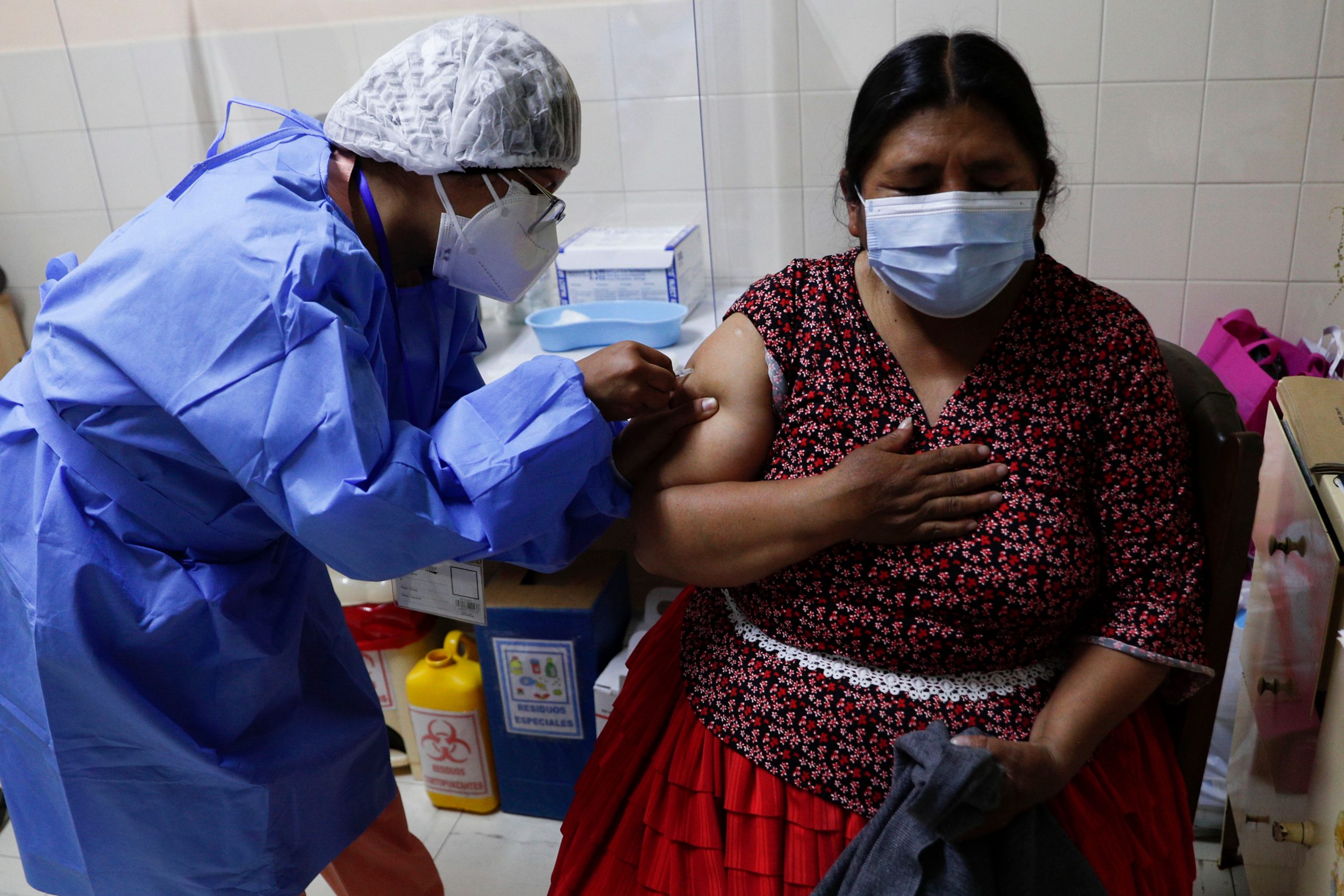The second phase of India’s COVID-19 vaccination drive for people above 60 years and those aged 45 and above with comorbidities began at 9 am on Monday with Prime Minister Narendra Modi receiving the first dose of COVID-19 vaccine at AIIMS, Delhi. Here’s how you can get vaccinated as well.
Where to register for vaccination:
Registration has opened at 9 am on March 1 at www.cowin.gov.in, the Co-WIN 2.0 portal. Citizens can now register and book an appointment for vaccination, anytime and anywhere through the portal or via other IT applications such as Arogya Setu.
Also read: Tamil Nadu extends lockdown till March 31, authorities to enforce COVID-19 safety norms
How to register:
The eligible persons will be able to register themselves on Co-WIN 2.0 portal using their mobile number, through a step by step process. With one mobile number, a person can register as many as four beneficiaries. However, all those registered on one mobile number will have nothing in common except the mobile number, the health ministry had said.
The photo ID card number for each such beneficiary must be different. Either of the following photo identity documents can be used by citizens for availing of online registration — Aadhaar Card/Letter, Electoral Photo Identity Card (EPIC), passport, driving license, PAN Card, NPR Smart Card or Pension Document with a photograph.
Also read: COVID-19 crisis far from over; 3rd wave to be more dangerous: CSIR official
What is the eligibility criteria:
All citizens that are aged, or will attain the age of 60 or more as of January 1, 2022, are eligible to register, in addition to all such citizens that are aged, or will attain the age of 45 to 59 years as of January 1, 2022, and have any of the specified 20 comorbidities.
What are the 20 comorbidities:
The ministry specified 20 comorbidities within the 45-59 years age group including heart failure with hospital admission in past one year, moderate or severe valvular heart disease, coronary artery disease, CT/ MRI documented stroke, diabetes ( >10 years or with complications) and hypertension on treatment, end-stage kidney disease on haemodialysis, diagnosis of any solid cancer on or after 2000 or currently on any cancer therapy for which one will have to submit a medical certificate.
Also read: Punjab minister found positive by state health department, tests negative at PGIMER
Where to get the jab:
Besides government hospitals, the central government has released a full list of around 10,000 private hospitals that will be part of the vaccination programme. You can check out the list on the Ministry of Health and Family Welfare’s official website.
The private empanelled COVID-19 Vaccination Centres (CVCs) were also trained on various aspects of the process of vaccination and management of adverse events following immunization (AEFI) through video conference with the support of the National Health Authority (NHA).
Also read: Arunachal turns coronavirus-free, zero new cases reported in last 24 hours
Cost of vaccine doses:
According to the ministry, all vaccines provided at government health facilities will be entirely free of cost, while private facilities cannot charge the beneficiary a sum above Rs 250 per person per dose.
The government of India has supplied two COVID-19 vaccines, Covishield and Covaxin, free of cost to states and union territories to vaccinate healthcare and frontline workers on priority.







